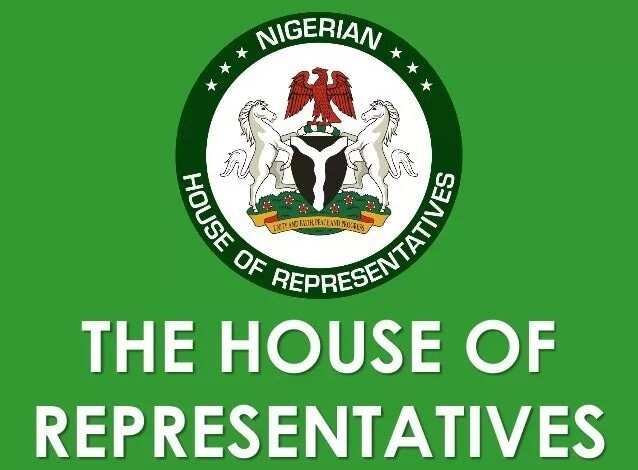The House of Representatives has asked the federal government to ensure that the new minimum wage reflects the cost of living in the country.
The green chamber passed the resolution during Wednesday’s plenary session after adopting a motion sponsored by Isa Ali, the minority whip.
On Monday, the Nigeria Labour Congress (NLC) and Trade Union Congress (TUC) embarked on an indefinite strike over the federal government’s failure to meet their demand for a minimum wage.
The organised labour had proposed N615,500 and N494,000 as the new national minimum wage, which the government said was unrealistic.
The labour cited inflation and the prevailing economic hardship to arrive at the minimum wage figure.
On Tuesday, organised labour relaxed the industrial action for one week to allow negotiations with the federal government on a new minimum wage.
While moving the motion, Ali said the National Assembly repealed and enacted the National Minimum Wage Act of 2019.
The lawmaker said the national assembly fixed the minimum wage at 30,000, noting that the “executive proposed N27,000 at the time”.
He said by section 3(4) of the Act, the extant minimum wage, which commenced on April 18, 2019, expired after five years on April 18, 2024, thereby requiring a further review of the existing Act.
The legislator said it is “desirous to fix a living wage” for Nigerians to cushion the effects of the economic downturn and activate productivity in the public service”.
Supporting the motion, Aliyu Madaki, deputy minority leader, said the constitution mandates the government to ensure that the welfare and security of the citizens are met.
“What we want is provided for by the constitution. If you look at section 16,” Madaki said.
Kingsley Chinda, minority leader, said the government has not lived up to its duty of prioritising the welfare of the people.
“Can we say as a government we have succeeded in carrying out that primary assignment? Are we providing security for Nigerians? Are we providing welfare for Nigerians?” he asked.
The answer to the two questions is no. In fact, in Nigeria today, it is as if one Nigerian life is equal to one minute of silence.
“For several years, Nigerian lawmakers have been complaining and crying concerning the issue of salary. Let us not deceive ourselves, it is impossible for anyone to depend on salaries.
“How much is your transport fare to your office and back home? We expect Nigerian workers to earn as low as N50,000 and continue to function.
“Let us carry out our role by providing a living wage for the Nigerian workers. It is really unfortunate when you see the federal government talking about the minimum wage and shying away from a living wage.”
The motion was adopted when it was put to a voice vote by Ben Kalu, who presided over the plenary.
The house asked the government to “redirect the focus of the negotiations from fixing a new minimum wage to fixing a realistic living wage for Nigerians”.
The house also asked the government to consider a downward review of electricity tariffs to reduce the suffering of Nigerians.


